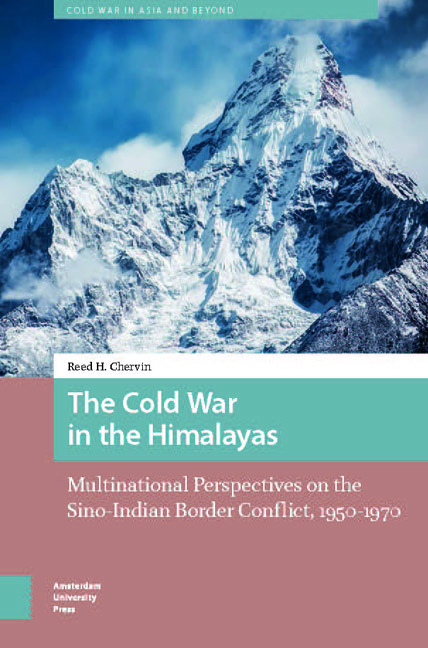 The Cold War in the Himalayas
The Cold War in the Himalayas Summary
Abstract
The concluding chapter begins by outlining the relationship between China and India in the 1950s and their competition for the leadership of non-Western states then emerging from colonialism. The remainder of the conclusion summarizes aforementioned views of countries toward the Sino-Indian border conflict and offers important questions regarding the future of the border issue.
Keywords: Conclusions, China and India, non-Western states, colonialism
China and India's standoff at their border in 2017 ended with an anti-climax. After holding diplomatic talks, the two countries announced on August 28 that they would disengage from the disputed area of Doklam. Each government claimed victory, and the issue was temporarily resolved. In 2020, however, border clashes reemerged and continued into 2021. The amicable resolution in 2017 contrasted not only with the border situations in 1962 and 1967, but also with general interactions between India and China throughout the Cold War.
Beginning in the 1950s, China and India competed for the leadership of non-Western states emerging from colonialism. At the same time, there existed unresolved border contests and competition for influence in the Himalayan kingdoms that separated the two. But the two sides professed friendship for each other via Panchsheel, Hindi-Chini bhai bhai, the Bandung Conference, and state visits. These symbols of peaceful coexistence were fleeting, however. Mutual suspicions between India and China existed during, before, and after the 1962 war.
Beijing supported revolution throughout Asia—especially in Korea and Indochina. It also did so in other neighboring states, such as Nepal and Burma under the fig leaf of party-to-party relations. The “dual-track approach” of simultaneously supporting a given country's government and communist party allowed China to play a double game, despite the Panchsheel principles. The Chinese Communist leadership made overtures to countries inside and outside the border region to reverse international isolation brought about by the 1960 Sino-Soviet split and the 1962 border war. This realist foreign policy was dismantled during the Cultural Revolution. It was then that Beijing began backing insurgent groups throughout India's northeast.
- Type
- Chapter
- Information
- The Cold War in the HimalayasMultinational Perspectives on the Sino-Indian Border Conflict, 1950-1970, pp. 271 - 274Publisher: Amsterdam University PressPrint publication year: 2024


